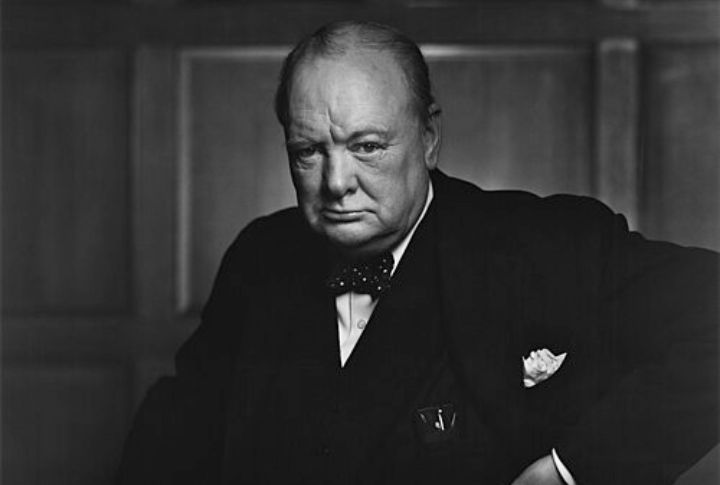
While historical diagnoses are always retrospective and often debated, the following ten famous figures are widely cited as having exhibited symptoms or received posthumous speculation of bipolar disorder, with some cases more strongly supported than others. Modern diagnostic confirmation is not possible for most historical figures, but credible historical and medical analyses provide reasonable evidence for each.
Virginia Woolf
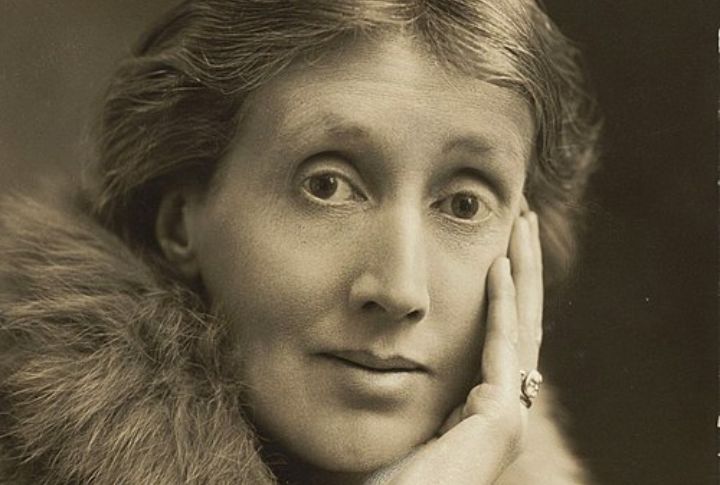
The literary brilliance of Virginia Woolf was matched by periods of deep depression and occasional psychotic episodes, as revealed in her diaries and letters. Though her symptoms match those of bipolar disorder, she was never formally diagnosed.
Samuel Taylor Coleridge
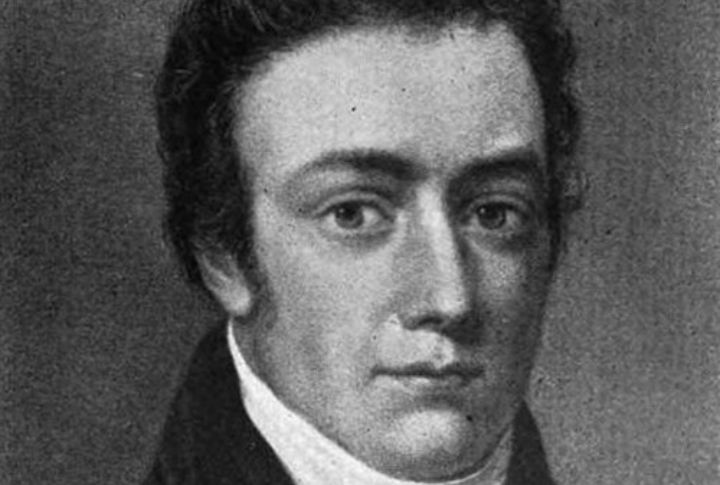
His poetry sprang from a mind that soared with creativity and sometimes plunged into despair. Coleridge’s emotional waves have led people to suspect bipolar disorder, but the influence of opium addiction clouds the picture. It still remains a mystery.
Winston Churchill
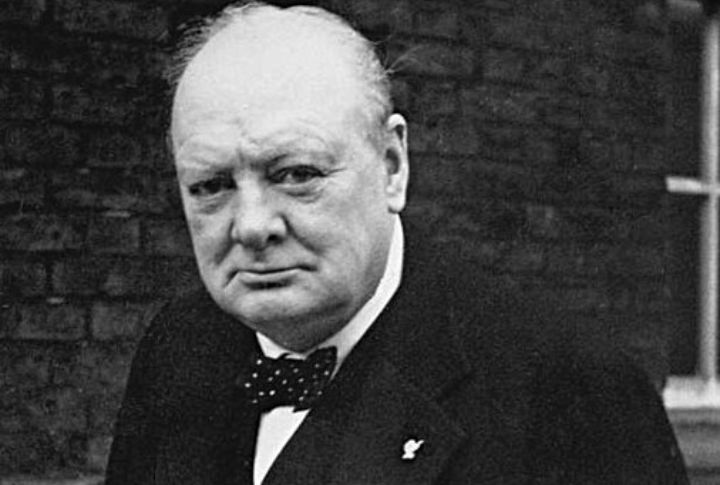
Most experts see the pattern of bipolar disorder in Winston Churchill’s life. His legendary leadership and resilience were faded by what he called the “black dog” of depression, as well as bursts of extraordinary energy and productivity.
Vincent Van Gogh
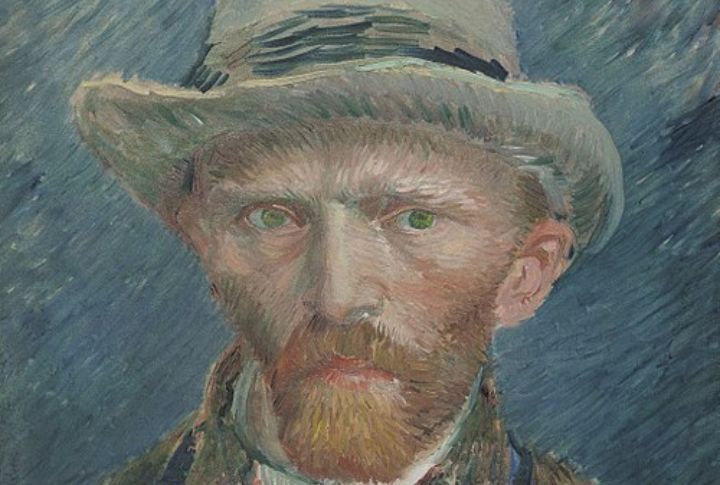
While his only official diagnosis was epilepsy, many scholars have long debated bipolar disorder and other factors like substance use. Van Gogh’s life was a canvas of despair, marked by dramatic mood swings, episodes of self-harm, and documented hallucinations.
Abraham Lincoln
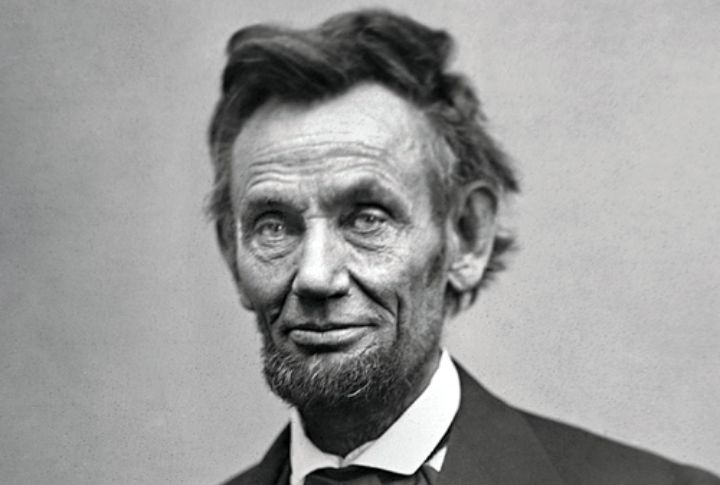
Lincoln carried the weight of a nation through the Civil War, all while enduring recurrent despair and periods of profound melancholy. Most experts agree on depression and wonder if bipolar disorder might explain his shifting state of mind.
Ludwig Van Beethoven
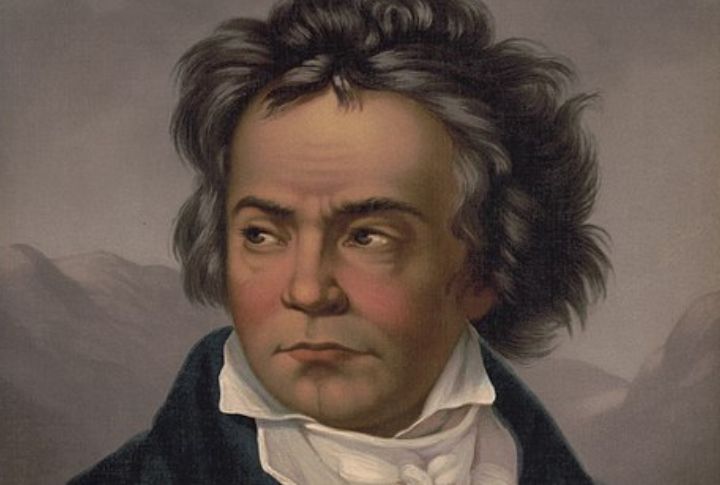
Scholars see hints of mental disorders in his biography, but Beethoven’s personal tragedies and physical ailments also played a role. His music thundered with emotion, and his life was a storm of highs and lows—mood swings, irritability, and depression, especially as his hearing faded.
Isaac Newton
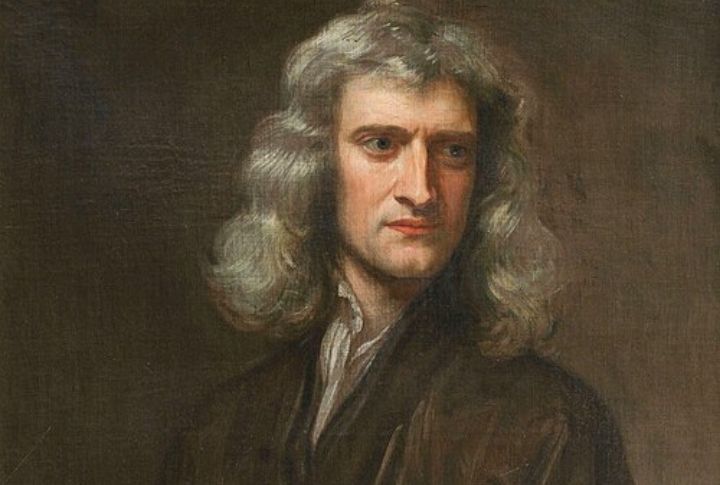
The man’s genius reshaped science, but Newton’s life was also marked by periods of obsessive focus and sudden withdrawal, with incidents of erratic behavior and paranoia. Some professionals speculate about mental disorders, while other theories, such as mercury poisoning, linger in the background.
Florence Nightingale
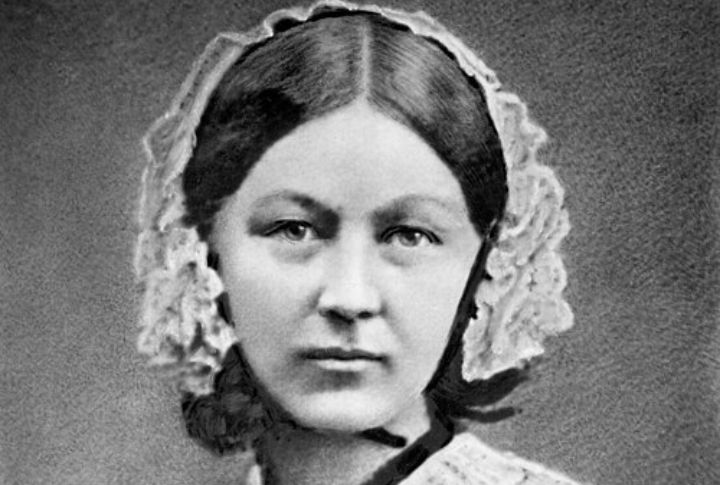
Nightingale revolutionized nursing with her tireless dedication. After her heroic work in the Crimean War, she withdrew into solitude, battling exhaustion and depression. Experts say that a mental disorder may have played a role in her retreat from public life.
Robert Schumann
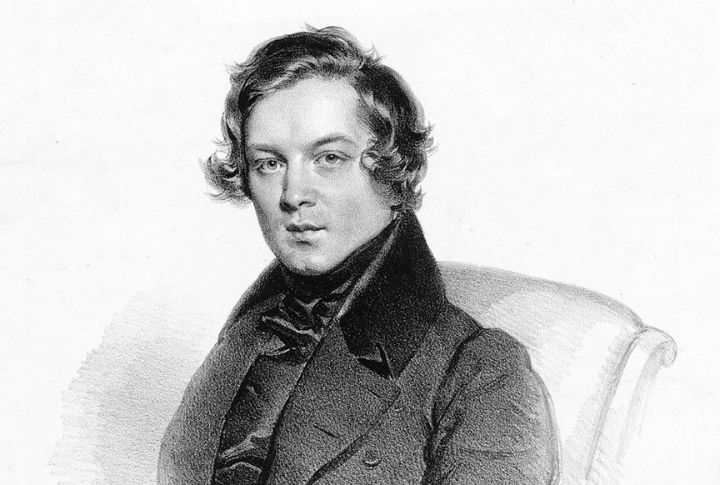
Schumann’s genius as a composer was shadowed by severe depression and at least one psychotic episode. His creative spirit and inner torment are felt in every haunting melody he left behind. Schumann’s symptoms are often cited as classic examples of bipolar disorder.
Theodore Roosevelt
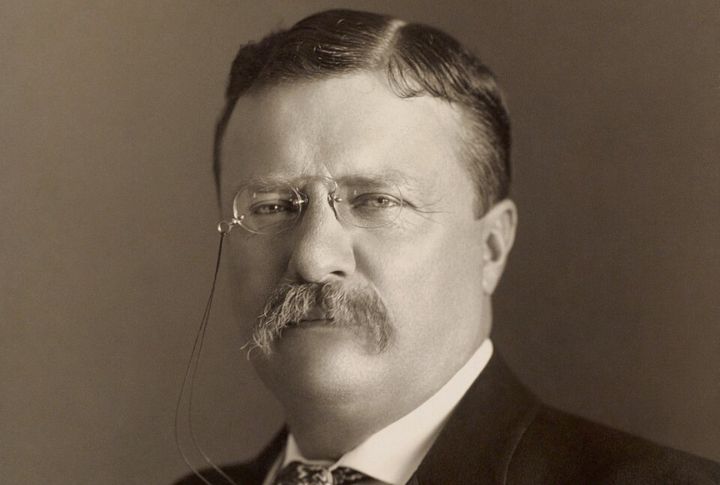
Roosevelt’s boundless energy and zest for life were remarkable, yet he also faced episodes of grief and despair. His highs and lows are often seen as signs of bipolar disorder, but the true nature of his spirited personality remains a subject of lively debate among historians.

